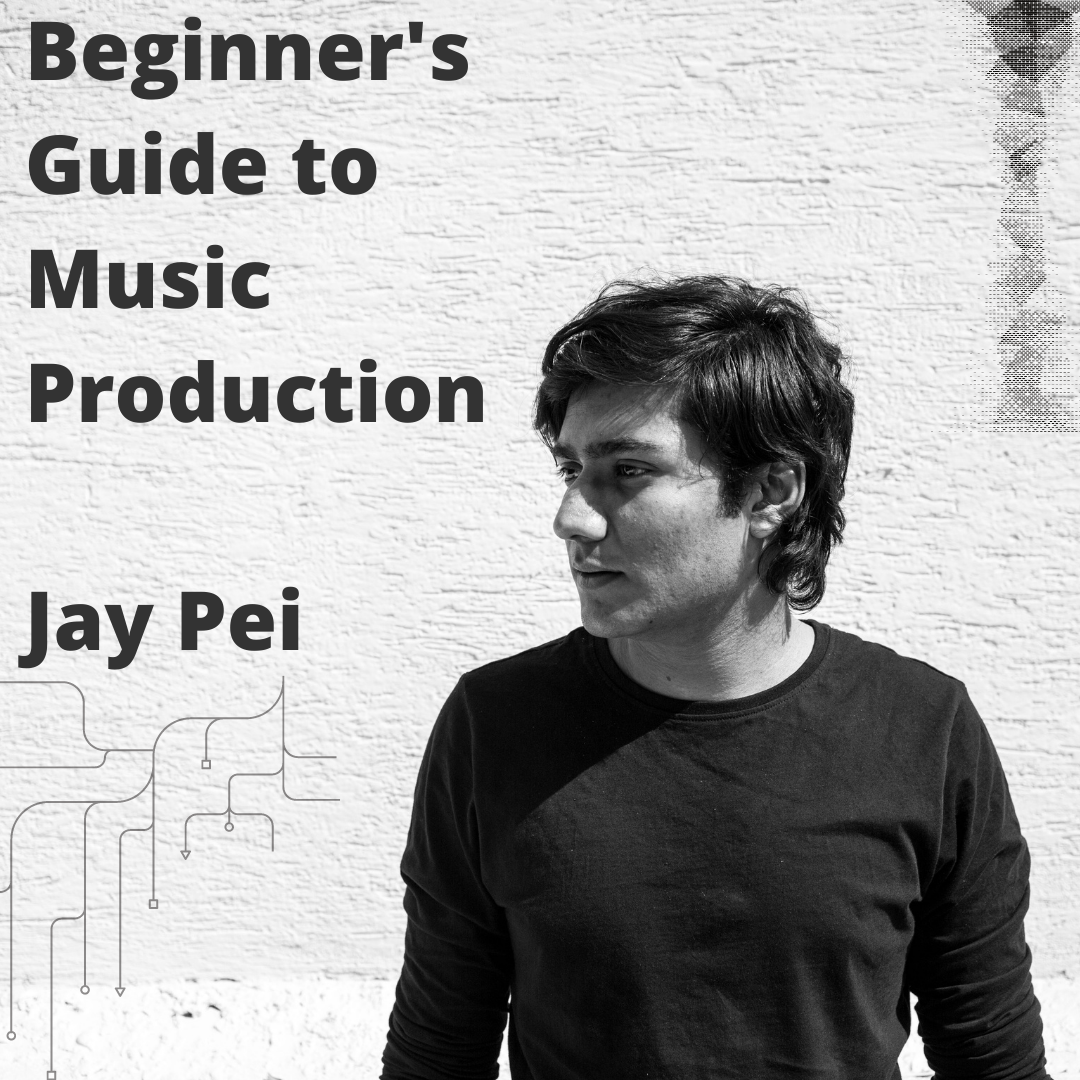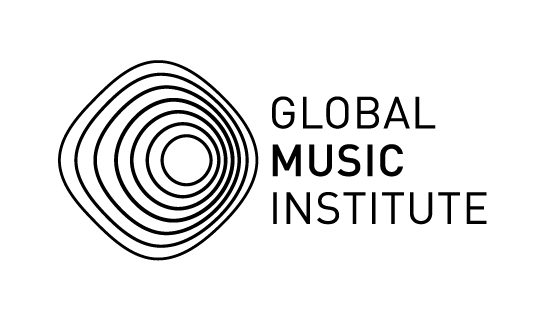
19 May Beginner’s Guide to Music Production with Jay Pei
Music production is an essential skill for the modern-day musician. However, it is easy for beginners to feel lost and overwhelmed in this vast world. To gather some tips and tricks for those starting out, we spoke to Jay Pei- acclaimed composer, producer, and educator.
Start small and experiment
Start with a minimal set up. Don’t get too ambitious with gears, synths, tools and plug-ins when you are starting. Start with what you have- if you have a digital audio workstation (DAW) and headphones, you are good to go. Spend time learning about the features of the DAW and improving your workflow. Learn how to use the presets rather than playing around with synths and venturing into more complex sound design. Experiment with the presets and find your own way of using them by tweaking knobs, playing with textures and timbres to explore your sonic preferences.
Adopt a disciplined approach and research
Bring discipline to your learning from day one. Spent a substantial amount of time everyday learning the basic concepts of music production, researching and learning how a tool works, how an instrument works, and how the devices work inside a DAW. Be consistent in your learning. Research is very important and a must for beginners. The more you know about the gear you are using, the easier and faster your workflow will be. It is important to understand the fundamentals before you start making music.
Set realistic expectations
When you are starting out, you are not trying to find your own voice- your focus needs to be invested in understanding the fundamentals. In the beginning, you will not sound original and you will probably sound like somebody else and that’s okay. You will find your process by imitating the process of other artists. Once you are comfortable with the DAW and the workflow is when you will find your own style and method.
Learn about the music-making processes of your role models
Find the people you love the most whether they are songwriters, producers, or artists, and watch every technical interview they have given. Be curious about the process of production. Learn more about their process- what tools do they use? What gear do they use? How do they record certain sounds? In this way, you will understand which tools you want to use in your music and expand your vocabulary of tools. Eventually, you will understand which of these tools you want to invest in to create the kind of sound you want. Learning about the process of your favourite artists can also help inspire you to make more music.
Find a mentor or do a short program
The internet, especially YouTube, has a lot of information but it is not structured. For beginners, it is easy to get lost. The best place to start is with a beginners course in music production or with a mentor where you learn the basics of DAW or how to structure a song. It is important to stick to a certain format and discipline. If you have someone mentoring you, your basics and fundamentals will be more clear. Once you have learned it in a conventional way and have a certain direction, the endless resources on the internet can help a lot.
Connect with your community
Be active in the music space in your city and find like minded individuals with similar interests. Each person will have their own strengths- somebody will be good at finding good sounds and presets, and others will be good at tweaking samples. By creating a pool of strengths, you can learn from each other. In sharing your processes, you can find ways to improve your own and this can lead to exponential growth. By connecting to your community, you will be able to cultivate goodwill and connect with like-minded individuals who might become collaborators.
Find economically efficient ways to learn
Lookout for free learning opportunities like workshops and masterclasses that are happening in your city. These are great opportunities to upskill and connect with a wider community of peers and professionals. Every plug-in company or music gear company releases top quality free products annually. Keep an eye out for these tools and download them because you are accessing good quality devices without spending money. It is very important to expand your knowledge base and soundbank.
Seek objective feedback
Identify people who can give you objective not subjective feedback. Feedback is one of the most important tools you need to have when you are starting out and it is crucial to your growth. Avoid feedback from those offering value judgements and instead focus on seeking detail oriented, constructive feedback. The person offering you feedback doesn’t have to be a musician, they can also be a friend who is a keen listener. Feedback is vital for your growth.
About Jay Pei:
Jay Pei is a New Delhi based producer and DJ who has pioneered his own unique sound, enthralling audiences across the length of the country. Building his music and sets upon rhythmic foundations of the Dance groove, Jay’s more recent experimentation has been towards integrating cinematic elements in to the atmospheric soundscapes of his set.While a lot of his techniques may seem contradictory to the mainstream, they have led him to find and explore his own unique voice. One could say that his music comes from the best of both worlds – analog & digital. With his use of analog drum machines and synthesizers to lay down the foundation of his tracks and digital devices to integrate the work flow. Moving with a unique ebb and flow, Jay’s penchant for composing melodies, combined with his intrinsic knowledge of the music that he plays, especially when performing his signature live set, has propelled Jay and his music to a large audience.
To begin your journey in music production, you can check out GMI’s Professional Diploma in Music Production and Technology.
Additional resources:



No Comments